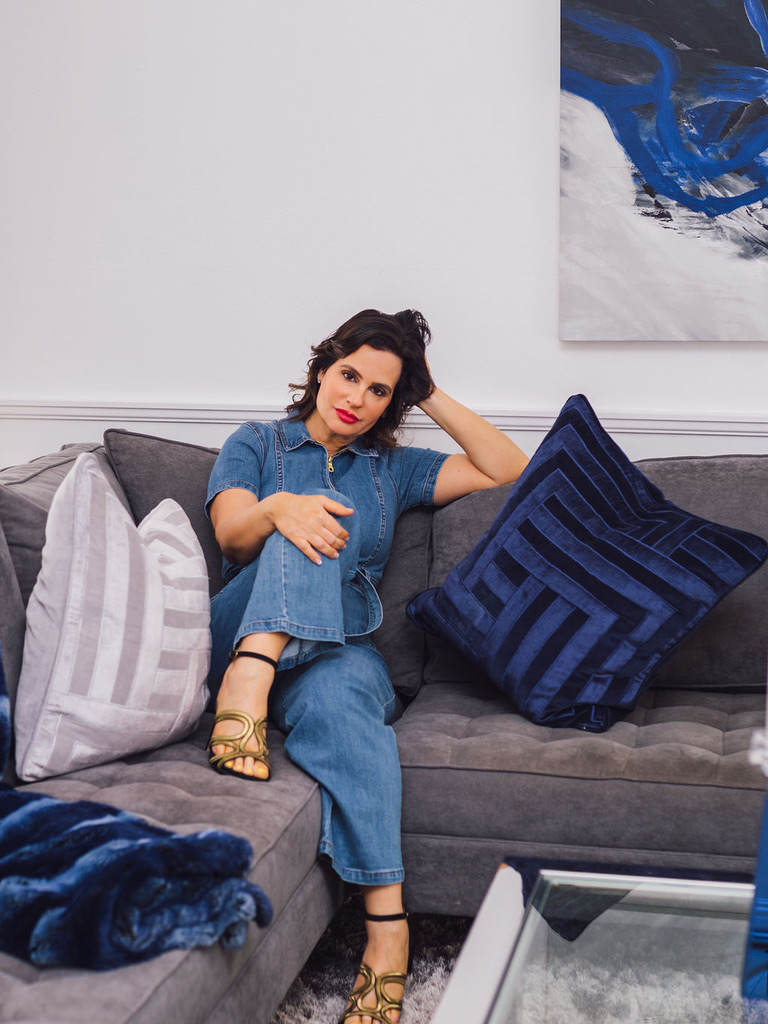I wish this was a practical guide for parents on ways to help your child be included and accepted by his or her peers. I wish this was a before-and-after story about how exclusion became inclusion for my son. But sadly, it is not.
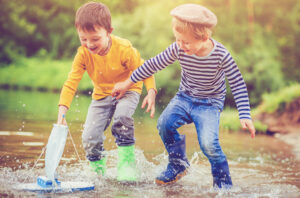
When Teddy was in Kindergarten, he still had 4 hours of ABA Therapy every day after school. They were practicing his social, play, and communication skills, and felt having regular playdates with a typically-developing classmate would accomplish that in a fun, safe, and structured environment. So I went to work looking for an amiable and willing child, and found a sweet little boy. He loved coming to our house twice a week to play, and excitedly ran by me as soon as I opened the door. In order to motivate him to want to come back again, the Behaviorists made the playdates extra fun, with board games, treasure hunts, messy art projects, Freeze Tag, Hide and Go Seek, and lots of snacks.
In the midst of the anxiety that came with my son’s diagnosis, the playdates soothed me. They gave me hope. I saw them as an indication that my son would be able to make friends from here on out. There was nothing more comforting at the time than thinking my child would be liked and accepted.

The child’s mother was a seemingly kind woman, who would ask questions about my son and autism in general as if she was genuinely interested. Because I needed a friend too, I made tea before she came, and invited her in while the boys played. But after a while, she wasn’t interested in talking with me anymore, and those 2 hours every week became free babysitting for her. She was often late picking her son up because her errands (or whatever else she was doing) ran longer than she anticipated. So, eventually, it became something that not only this little boy looked forward to, but his mother did, as well.
I think many of us have experienced social
exclusion, and the hurt and pain that results. It’s a classic form of bullying.
◈
It was a Spring day and I needed to attend a baby shower for my sister-in-law. I was still averse to leaving my children for any period of time, but they loved their occasional babysitter, and she promised to take them to the park.

When I got home, my daughter told me that while they were at the park, so were most of Teddy’s classmates – celebrating one of the children’s birthday. It was a lavish party, one that any child would love being part of, complete with games, a piñata, entertainment, pizza, balloons, and cake. When I asked her who’s birthday party it was, I was stunned by the answer.
My first reaction was pure pain. My heart broke for my son, who I knew was confused about why he wasn’t invited to the party. Especially since the birthday boy had been coming over to play with him for almost a year.
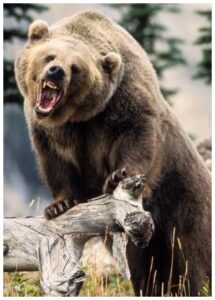
The pain of rejection quickly became anger.
But I wasn’t just a little angry. I was a hell-hath-no-fury-like-an-autism-mom kind of angry.
This mama bear became a
I got on the phone and called the little boy’s mom. No answer. I hung up and called back. Again, and again, and again, and again, until she finally answered. I asked her in no uncertain terms why she didn’t invite Teddy to her son’s birthday party.
Her simple answer was that her son just didn’t want to.
And that’s when my passionate Italian temper took over. I was out for blood.
I was crying and screaming at the same time: Why didn’t you make your son invite him anyway – you’re the mom, aren’t you? Why didn’t you tell him that including Teddy wouldn’t cost him anything? Why didn’t you use this as an opportunity to teach your son about acceptance and kindness? Why was it ok to use all those playdates at our house as your own personal free babysitter? Why, after months of the boys playing and bonding, you didn’t even think to include my son? …. How could you be so heartless?
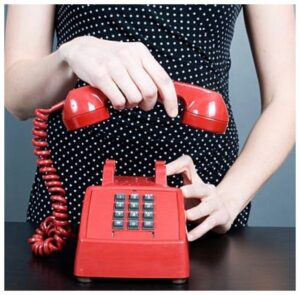
The way she responded was by simply hanging up on me.
Months worth of cultivating a friendship for my son, gone in 60 seconds.
The woman called me back three days later to apologize. I accepted, so as not to disturb the progress my son was making through these playdates. It was awkward between us, so from then on, Teddy’s Behaviorist answered the door when they arrived. I stayed in my room, drinking the tea alone.
Once school let out for summer, however, we never saw that boy at our house again.
◈
I think many of us have experienced social exclusion, and the hurt and pain
But, even us mama bears are powerless in preventing bullying in today’s society.
When it comes down to it, I don’t blame the kids. I blame their parents, who in my opinion, fail their children when they don’t teach them the importance of kindness and acceptance.
It goes back to Dorthy Law Nolte’s poem, “Children Learn What They Live”, a reminder that we parents have the greatest influence on our children, and that our children learn from our example.
This isn’t a hard lesson for them to learn, either. All it takes is a mind-shift to get started, and then soon, without any effort, tolerance will become their new normal. And, I can promise that the reward from befriending any autistic child is definitely worth the effort.
This mama bear became a full-blown grizzly in 1 minute flat.
The saddest part is that my son would make a GREAT friend. He’s kind and loyal, with the biggest heart you’ll ever know. At 6’5” and still growing, he’s a gentle giant, so you’ll always be protected by association. He would help you up, and hold open the door for you. He would show interest and enthusiasm in your life. His emotional intelligence rivals that of the great Martin Luther King, Jr. He will ask you how you’re doing, and really care about the answer. He’s polite and respectful. He’ll teach you everything there is to know about Pokémon. He would give you his last dime, and the shirt off his back. And he’s funny – hilarious even. He will have you on the floor laughing, only to come up with a sore stomach.
If those aren’t the qualities of a good friend, then I don’t know what is.
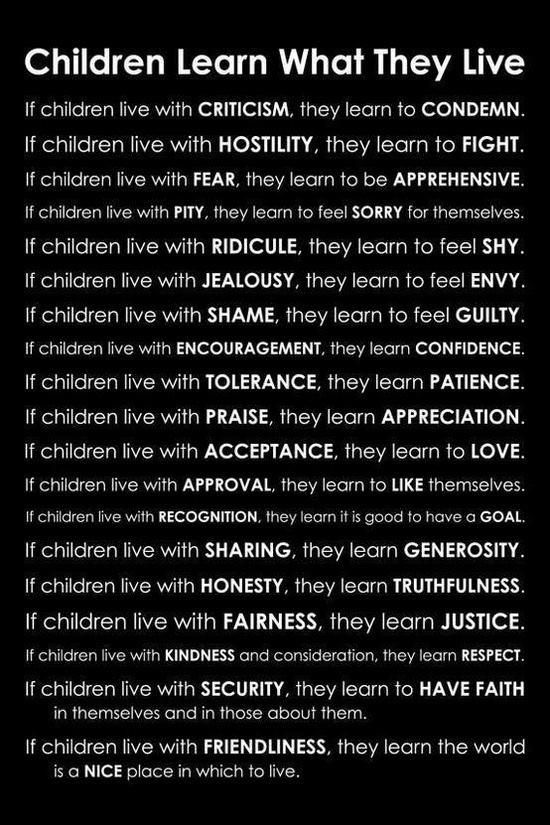
That day at the park was the beginning of the end for Teddy.
I never gave up, and continued to work tirelessly trying to arrange playdates and organizing elaborate birthday parties. But to no avail. As the years past, he has not had the social experiences that he wished he could have.
He navigates the public high school he attends with the ease of any typically-developing peer, and while he eats his lunch alone, he is well known by everyone on that campus. Maybe they aren’t his close friends, and maybe they don’t invite him to hang out, but he can’t walk two feet without someone saying hello to him. And, he can join any circle of people trying to defeat a Pokémon with great ease.
I don’t blame the kids. I blame their parents, who in my opinion, fail their children when they don’t teach them the importance of kindness and acceptance.
So, the answer to how I cope is that I know my son. I know who he is and all he has to offer. And I know that he’s fine, because he’s resilient in the face of the cruelties of our world. He has different needs and interests than many in his peer group, and that’s ok. He’s happy with his life, in fact happier than anyone I know. And he’s not lonely. His hobbies excite him. The love from his family fuels him. He is fulfilled in his life. And who is to judge what fulfills others? To each his own.
◈
I still see that woman from time to time, and it triggers me right back to the heartbreak I felt that day.
It still makes me sad, but I’m not angry anymore. I’ve been pacified and soothed by my journey as an autism mom, which has been the catalyst for my growth, strength, and peace.
What I do know for sure is that I feel sorry for her and her son. They missed out on an opportunity to know an amazingly gentle and loving soul, who touches the lives of everyone he meets.
What I also know for sure is that in the face of adversity, my son is strong. Autism strong.


